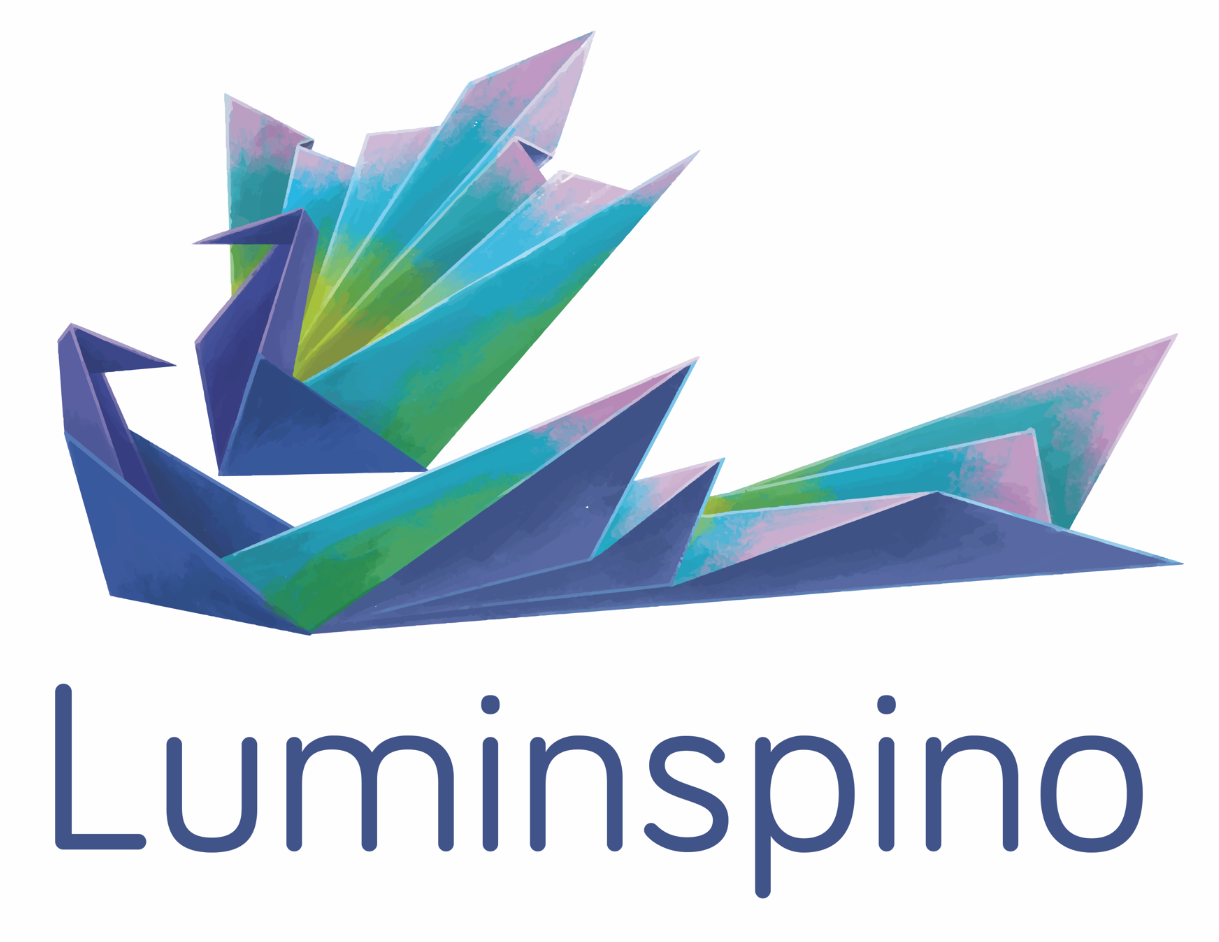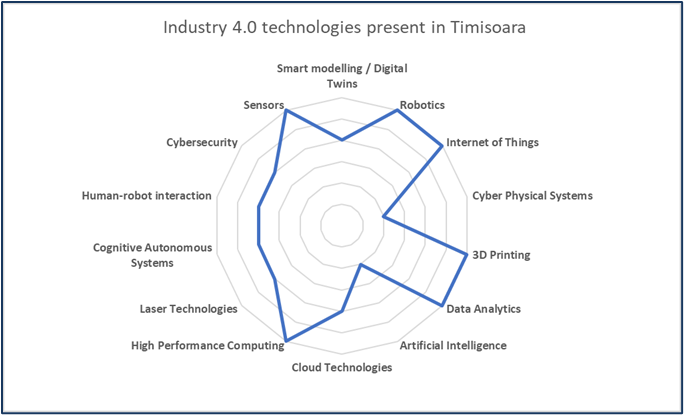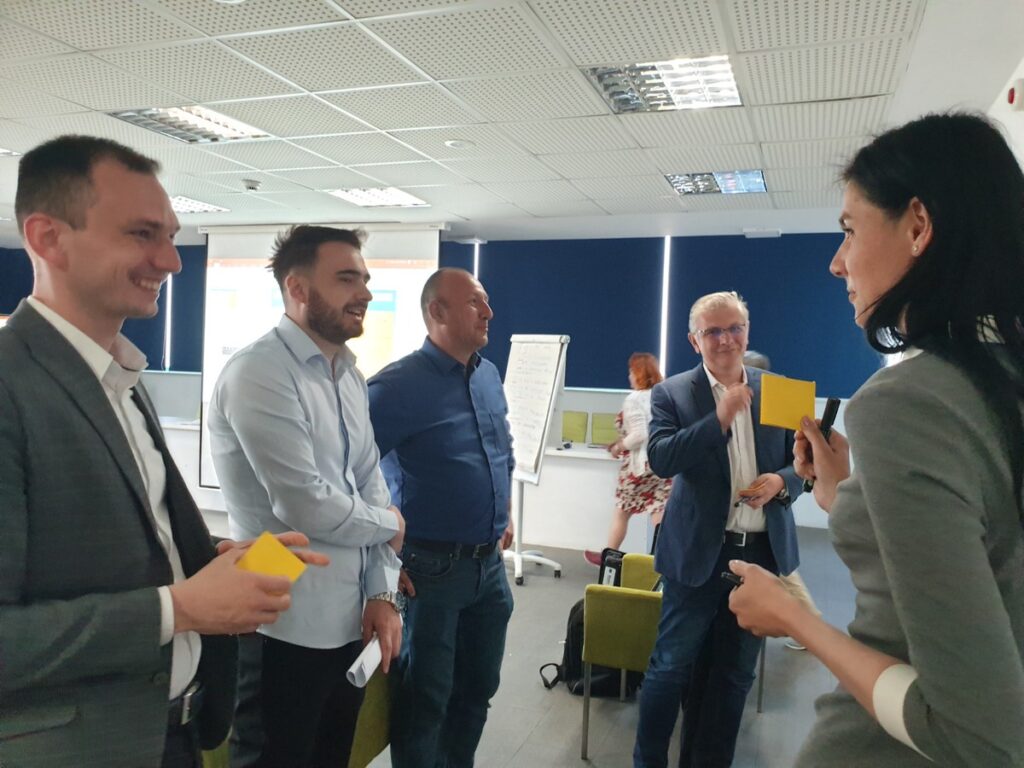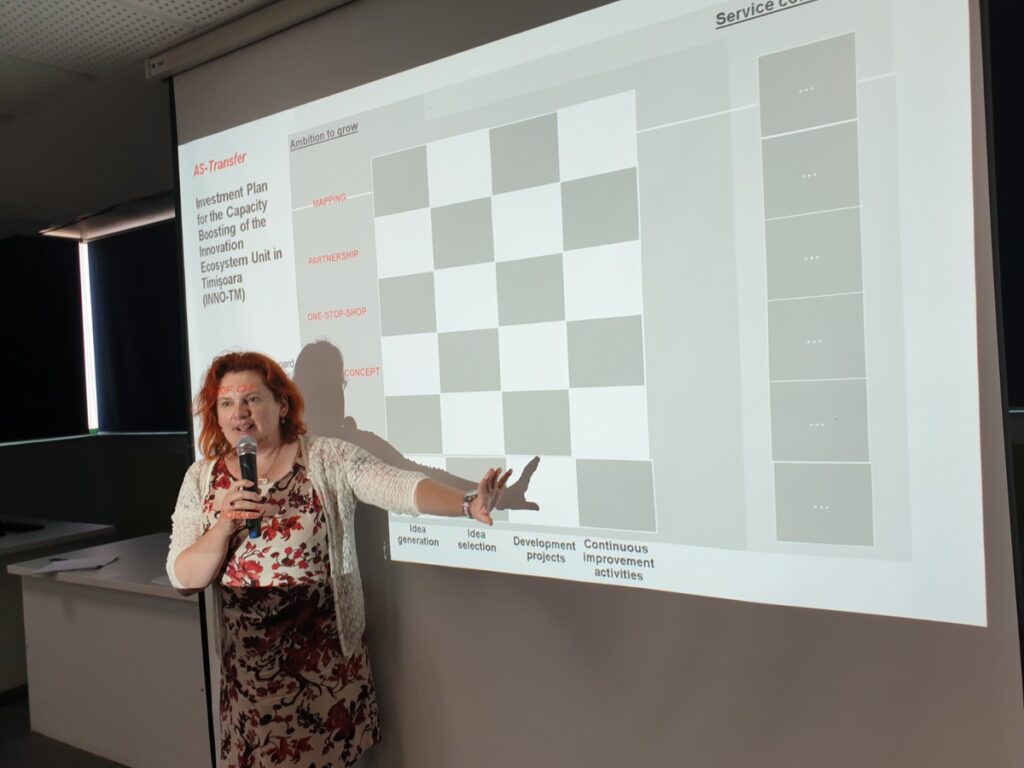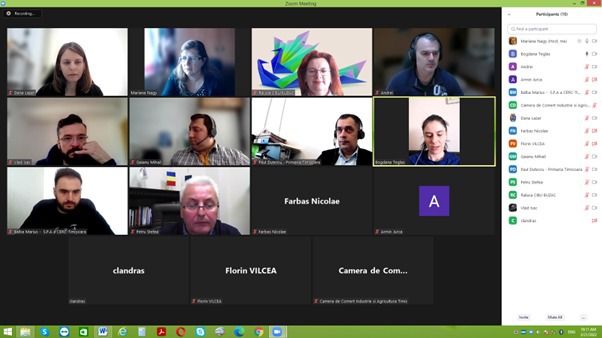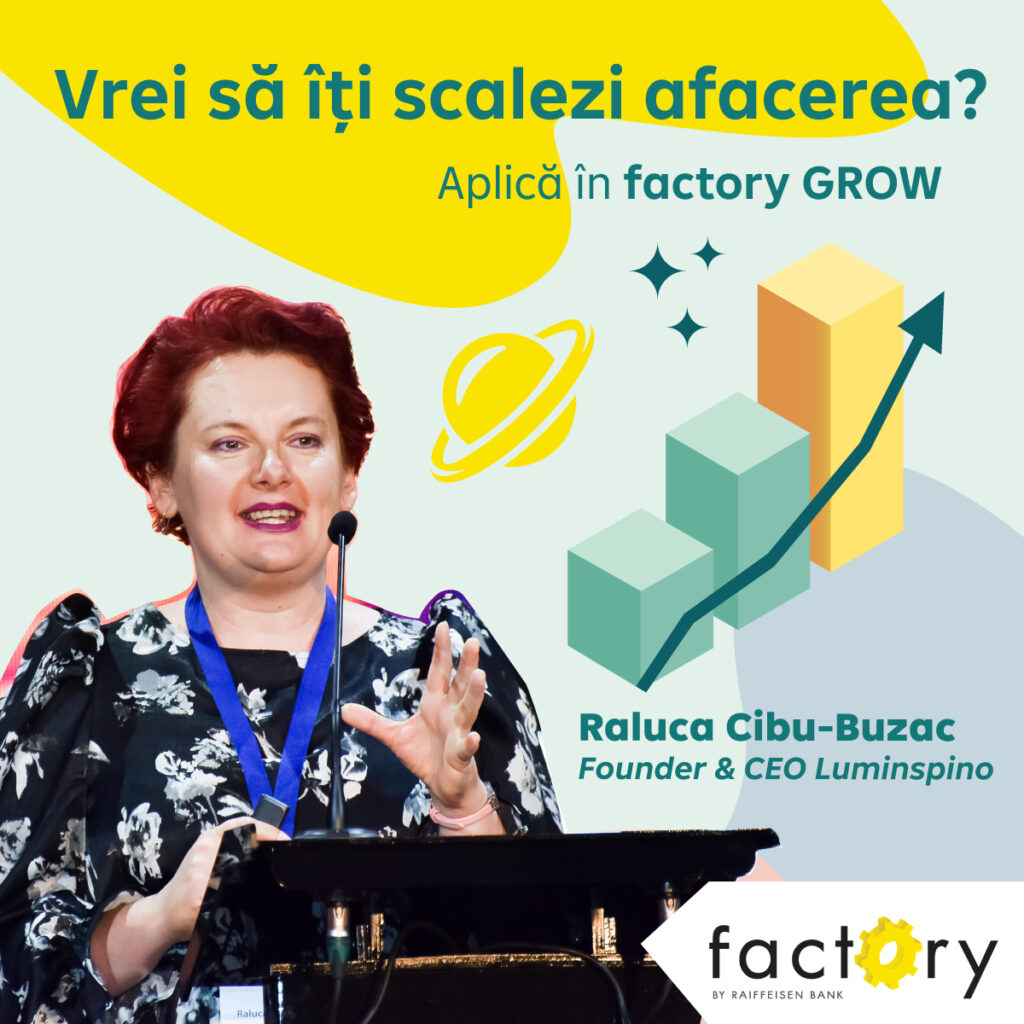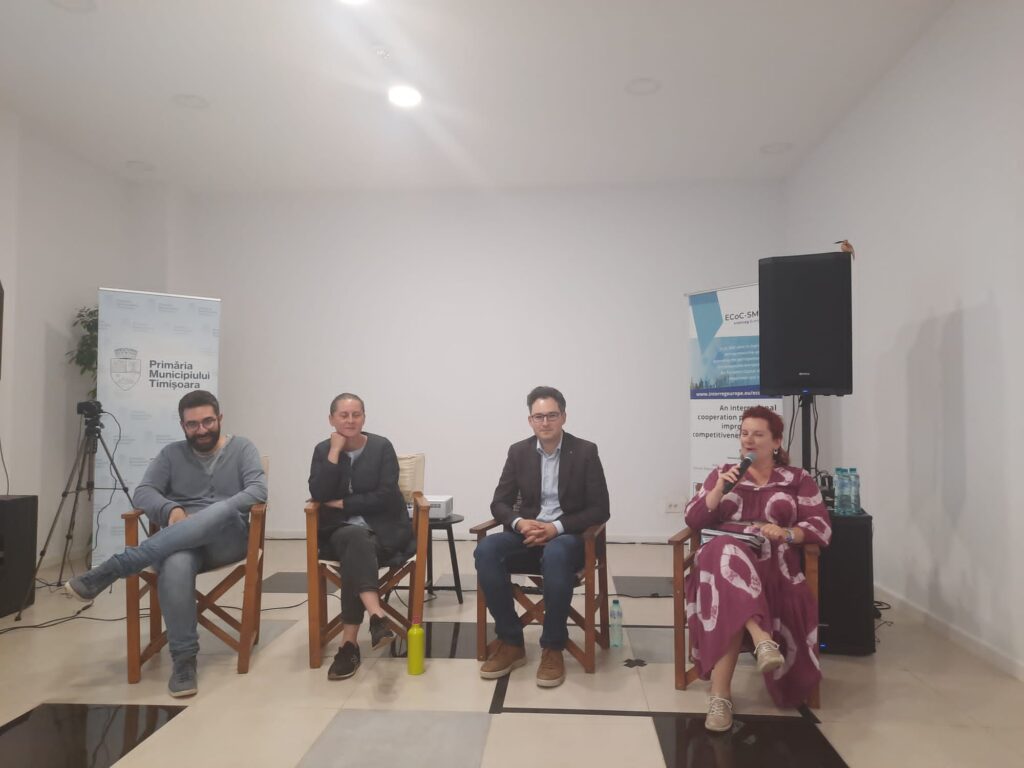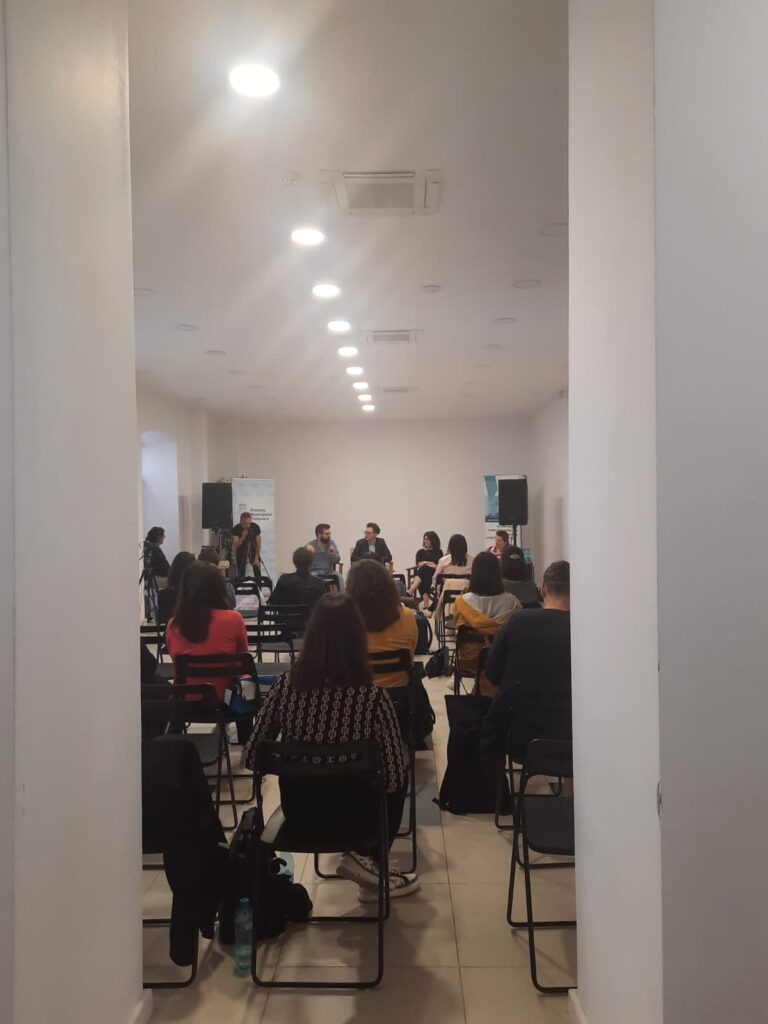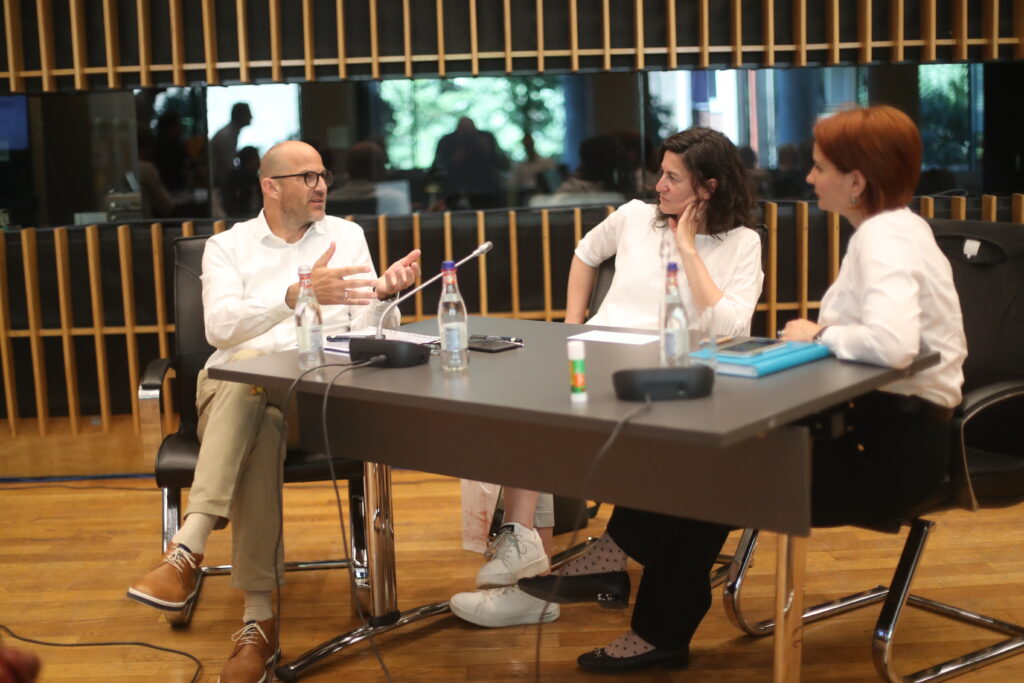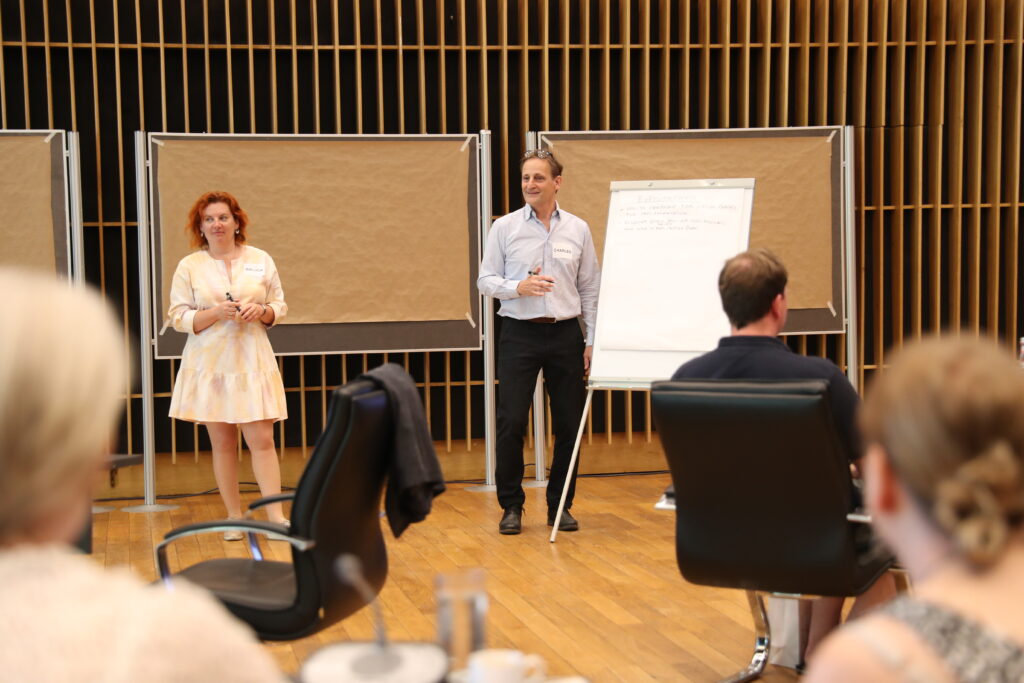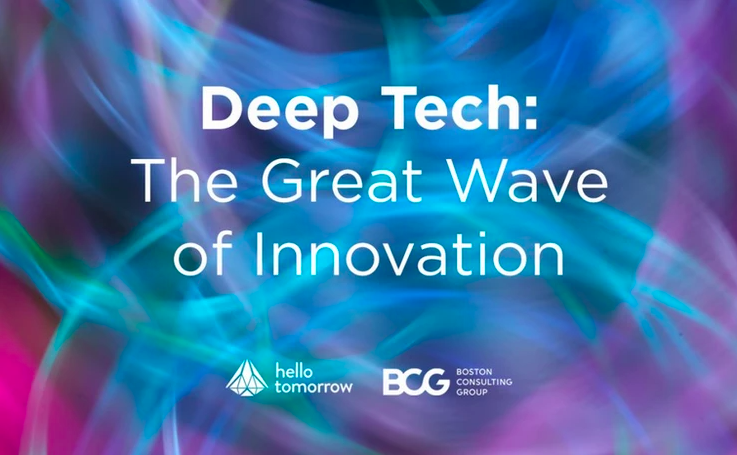The business support ecosystem has been steadily growing and it is encompassing new approaches with an increased level of sophistication. From business consulting to the latest acceleration programs and startup/scaleup mentoring, experts have become more efficient in harnessing and growing innovation projects.
Luminspino has joined the rank of professional companies delivering specialised support services and initiated its own approaches in performing bespoke process consulting for companies to attain their goals and even go beyond!
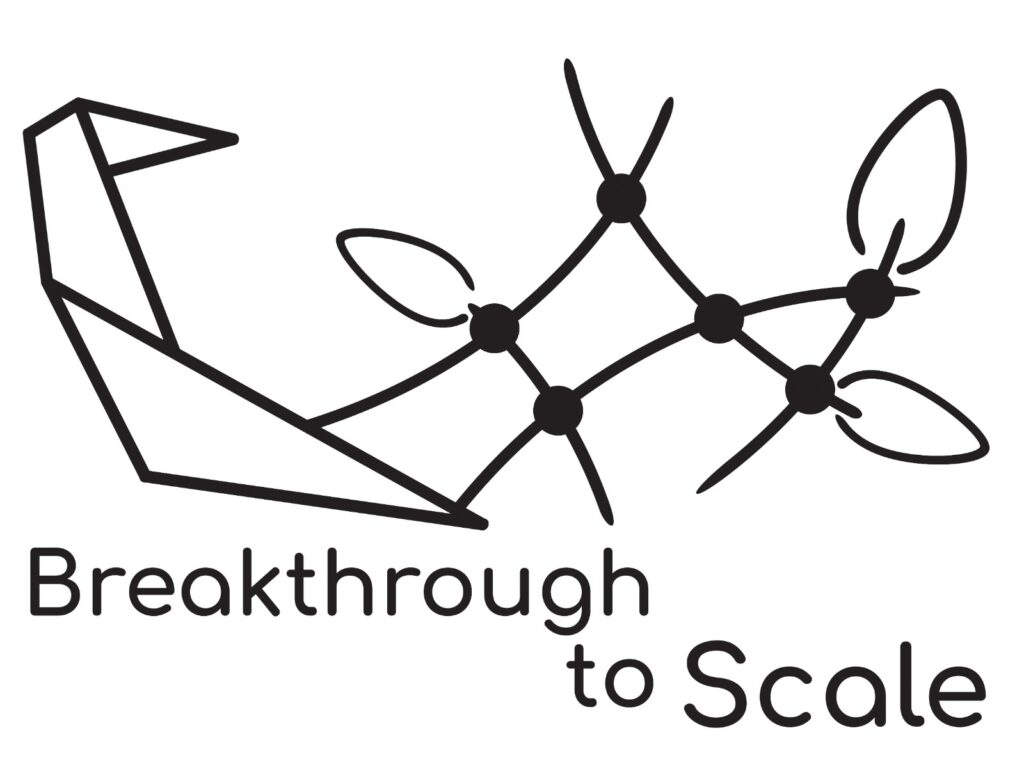
The business mentor is not a guru…
So you should stay away of those “inspirational marketers,” since you could end up in a business sect, pyramidal scheme, or even worse further digging your own pit, blinded by ego. Better search for someone to walk along with you that extra mile of a journey that he or she is already knowledgeable about. He is not going to carry your own backpack but he is going to share with you some of the milestones of the trip and save you from those beginners’ traps.
…and not a friend either.
And this is the last thing you should expect, somebody whose honesty might be endangered by the stake of your relation. In case of crisis when hard decisions need to be taken, there is no need for extra drama. What you need is somebody that has the experience, maturity and working capacity to deep dive along your ambitions and work together on the process.
So what’s the role of the business mentor?
An outside view, and a sound way to see how your business and innovation project is being perceived by professionals who are specialised in providing innovation/business support services.
Enthusiast leaders might not see the “woods from the trees” and there is a need for somebody from outside, equity free, that has no “skin in the game” to frankly ask those inconvenient questions, that the entrepreneurial ego might shadow.
A business mentor once said to a company “Don’t marry with an idea because you might get a divorce”. Businesses are having lives of their own, and all plans, ideas, innovations and challenges are the usual life of a company.
So should you need a business mentor?
Well, yes, if you are preparing one of those innovation journeys, where the unknown and the risk are high, where the novelty of the project needs external resources and where niche knowledge is necessary.
So it’s not about the entrepreneur’s personality, but about the business innovation challenge, innovation maturity, and about the hard work that lies ahead, during which one might need an extra brain.
What’s better than a business mentor?
A business mentoring program, where you can understand the process and see the overall content. This will help you with additional clarity about the mentors’ role in the flow, and this aspect is of the highest relevance when you deal with something new, challenging or even something breakthrough.
We can offer you this chance now, of sharing your climate innovation journey within our mentoring program, through our project funded by EEA and Norway Grants by Innovation Norway in Romania.
The vision behind the mentoring programme is to address the complex needs of the Small and Medium Sized Enterprises (SMEs) that generate radical innovative products or processes, which bring an outstanding contribution to tackling and reversing the effects of climatechange.
Check our webpage and posts for more details about the Call for Mentees – https://luminspino.eu/breakthrough-to-scale-mentorat-avansat-de-proces-pentru-inovare-climatica/
